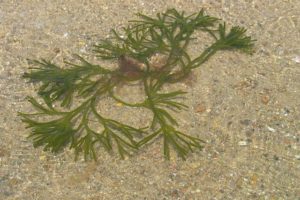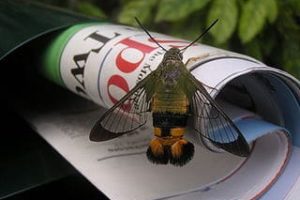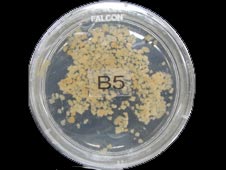university of florida
Scripps Research scientists uncover new mechanism of memory formation
JUPITER, FL, August 24, 2010 — – Scientists from the Florida campus of The Scripps Research Institute have discovered a mechanism that plays a critical role in the formation of long-term memory. The findings shed substantial new light on aspects o…
Calorie restriction reduces age-related brain cell death
Trimming the waistline may not be the only reason to cut calories after the New Year: Doing so also may protect the brain from aging. In the first study to look specifically at the effects of life-long calorie-restricted diets on brain cells, University of Florida researchers determined certain proteins linked to cell death that naturally increase with age were significantly reduced in the brains of rats whose calories were limited. More important, they found the levels of a beneficial protein known to provide potent protection against neuron death were twice as high in older rats whose calories were restricted by 40 percent.
From the bone of a horse, a new idea for aircraft structures
The horse, a classic model of grace and speed on land, is now an unlikely source of inspiration for more efficient flight. So says a group of University of Florida engineers who have recreated part of a unique bone in the horse’s leg with an eye toward lighter, stronger materials for planes and spacecraft.
The third metacarpus bone in the horse’s leg supports much of the force conveyed as the animal moves. One side of the cucumber-sized bone has a pea-sized hole where blood vessels enter the bone. Holes naturally weaken structures, causing them to break more easily than solid structures when pressure is applied. Yet while the third metacarpus does fracture, particularly in racehorses, it doesn’t break near the hole – not even when the bone is subjected to laboratory stress tests. UF engineering researchers think they’ve figured out why – and they’ve built and are testing a plate that mimics the bone’s uncanny strength in a form potentially useful for airplanes and spacecraft.
Screening technique may speed hunt for genes
The hunt to find a gene that causes a disease typically costs hundreds of thousands of dollars and requires years of research – and it still may fail to turn up the sought-after culprit, driving the research back to square one. The result is that while the genes involved in a few inherited diseases such as cystic fibrosis have been identified, many have not. Now, two scientists say they may have found a way to make the search more economical and speed it up. In an article to appear online in the Proceedings of the National Academy of Sciences next week, scientists from the University of Florida and Purdue University report merging two established genetic-screening techniques to create one that’s better. The new technique narrows the pool of “candidate” genes in a study from thousands of possibilities to fewer than 100 – perhaps as few as 20.





